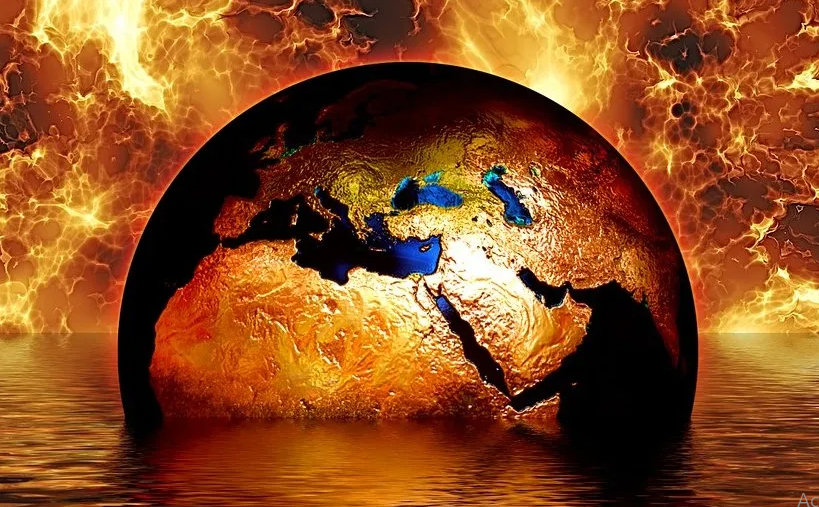Earth week 2022 highlights risks on earth
Climate change is the most significant threat we face as a species. Different surveys and research found that the failure to act on climate change.
- The Global Risks Report series examines risk experts’ and world leaders’ opinions of global risks in the industry, government, and civilized society. It looks at economic, environmental, geopolitical, sociological, and technical hazards in five categories.
- Every year, the report identifies major risks to investigate deeper in deep-dive chapters—risks that appear frequently in our survey, those for which warning signs are emerging, or potential risk perception blind spots.
- The Intergovernmental Panel on Climate Change (IPCC) also estimates that greenhouse emissions must be reduced by at least 43 percent within 2030 to avoid the worst effects of climate change.
- The research also comes as a result of Russia’s invasion of Ukraine, which has heightened concerns about Europe’s reliance on Russian gas, as well as the world’s overall reliance on fossil fuels. The latter is the most significant source of emissions.
- The world is making progress, albeit slowly, in addressing climate change, which is an existential threat with significant financial and economic implications. That means that investors must move now, even while they deal with the fallout from the Ukraine incursion.
“THIS YEAR, EARTH WEEK IS AN IMPORTANT REMINDER FOR THE CAPITAL MARKETS THAT WE MUST REEXAMINE OUR OWN BUSINESS MODELS AND CONTINUE TO PURSUE OUR COLLECTIVE COMMITMENT TO FUND THE TRANSITION TO A LOW CARBON ECONOMY”
– Michael Jantzi, a sustainability researcher states.
- Least Developed Countries (LDCs) are a group of 46 countries that range from Afghanistan to Zambia (LDCs). They are home to roughly 13% of the global population and 40% of the world’s poorest people.
- Those countries are extremely vulnerable to a wide range of shocks, including economic, public health, and climate change. They are adversely impacted by extreme weather events and remain at the frontline of climate catastrophe. Regrettably, they lack vital funding to promote climate-resilient infrastructure and initiatives.
- Earlier, this year, according to the annual World Economic Forum (WEF) assessment on global risks, three environmental threats—action failure, extreme weather, and biodiversity loss—were the most concerning to experts.
- Now, heatwaves, storms, droughts, and flooding, as well as slow-onset impacts like sea-level rise, are wreaking havoc on people’s health, lives, and livelihoods, as well as property and key infrastructure, including energy and transportation networks.
Despite efforts to mitigate the risks, human-caused climate change is creating a dangerous and pervasive disturbance in nature and harming the lives of billions of people worldwide.

